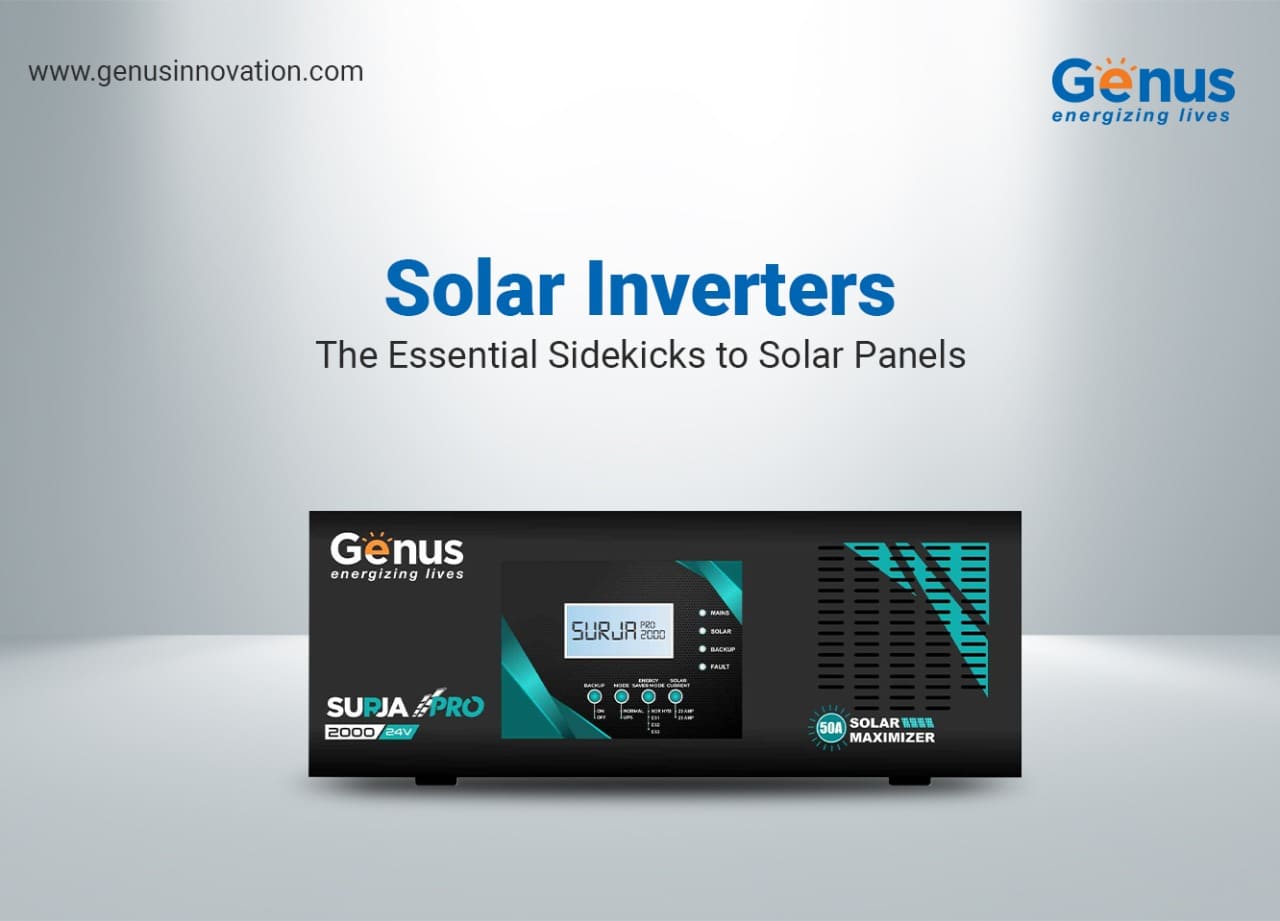Kaili Special Automobile Co., Ltd , https://www.kailiwei.co.ke
As the global quest for affordable, eco-friendly, and renewable energy intensifies—driven by climate instability and dwindling natural resources—the demand for solar panels is on the rise, especially in residential settings. Homeowners are increasingly turning to solar power as a way to reduce electricity bills and take control of their energy consumption.
If you're among those exploring alternative energy solutions, it's essential to understand that a **solar inverter for home** plays a vital role in your system. While solar panels capture sunlight and convert it into direct current (DC) electricity, most homes run on alternating current (AC). This is where a solar inverter comes in—it bridges the gap between the DC produced by the panels and the AC required by your household appliances.
In fact, a solar inverter is just as important as the panels themselves. It ensures that the energy you generate from the sun is usable and safe for your home. The process involves converting DC to AC through a series of electronic components, making it possible for your lights, fridge, and other devices to function smoothly.
To help you better understand these essential components, here’s a detailed guide on solar inverters and how they work.

### What is a Solar Home Inverter?
In a typical solar power system, photovoltaic (PV) panels absorb sunlight and produce DC electricity. However, most home appliances and electrical systems operate on AC. That’s where the solar inverter steps in—it converts the DC power generated by the panels into usable AC power.
This conversion isn’t just about changing the type of current; it’s also about ensuring the right voltage and frequency for your home. The inverter acts as a smart intermediary, adjusting the power output so that it matches what your house needs.
The technical side involves transistors switching rapidly to create an alternating current from the direct current. While this might sound complex, the end result is simple: clean, reliable power from the sun.
### Types of Solar Home Inverters
There are several types of solar inverters available, each suited for different setups and needs:
- **Battery Inverters**: Ideal for homeowners who want to add a battery storage system to their solar setup. These inverters can manage both solar and battery power, allowing you to store excess energy for later use.
- **Hybrid Inverters**: Also known as multi-mode inverters, these allow you to connect batteries to your solar system. They offer flexibility, enabling you to use solar power, battery power, or even grid power depending on your needs.
- **Central Inverters**: Best suited for large-scale installations, such as commercial buildings or farms. These are not typically used in residential settings due to their size and complexity.
- **Microinverters**: Compact in design, microinverters are installed on each individual solar panel. This allows for optimized performance, especially in shaded or low-light conditions. Their small size makes them easy to install and maintain.
- **String Inverters**: The most common type for residential use, string inverters connect multiple solar panels in a "string" and convert the combined DC output to AC. They are cost-effective and widely used in home solar systems.
### Why Choose Genus Innovation?
When it comes to solar products for home, reliability, efficiency, and long-term value are key. At Genus Innovation, we offer high-quality solar inverters and related equipment designed to meet the demands of modern households.
Whether you're looking to install a new solar system or upgrade your existing one, our products are built to last and perform at their best. With a focus on innovation and customer satisfaction, we ensure that your transition to solar energy is smooth and beneficial.
Ready to make the switch? Contact us today and discover how Genus Innovation can help you harness the power of the sun efficiently and effectively.